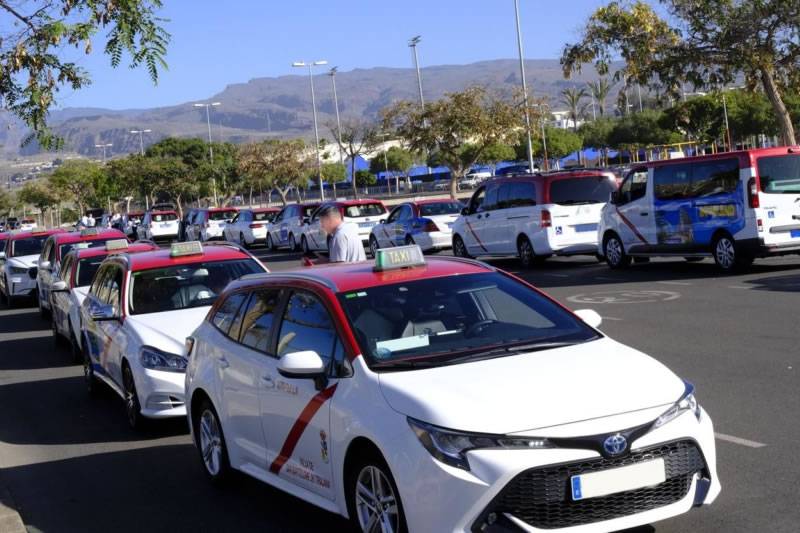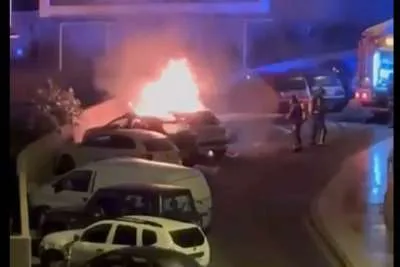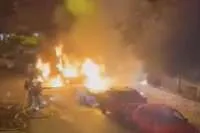Taxi strike leaves thousands of tourists stranded across the Canary Islands
- 30-01-2025
- National
- Canarian Weekly
A three-hour taxi strike across the Canary Islands yesterday morning (Wednesday), left thousands of tourists stranded, forcing them to look for alternative transport options.
The protest, staged by taxi drivers across the region, was called to demand political action against soaring insurance costs, which they describe as "extortionate."
Tourists Caught Off Guard by Sudden Service Disruption
The strike, which took place between 10:00am and 1:00pm, caused long waits at taxi ranks, particularly in tourist hotspots in Gran Canaria. Many visitors, unaware of the planned stoppage, either waited in vain or opted for public transport and other means to reach their destinations.
Several foreign holidaymakers expressed their frustration, complaining that hotels had not informed them of the strike.
Taxi Drivers Demand Government Action Over Rising Insurance Costs
The strike was organised by taxi cooperatives across the islands, calling for urgent government intervention to stop excessive increases in insurance premiums. Some taxi drivers report that their annual insurance costs have risen to as much as €5,000 per vehicle, making it impossible to continue.
In San Bartolomé de Tirajana, one of Gran Canaria’s busiest tourist areas, the majority of the municipality’s 356 taxi licences participated in the strike. However, minimum services were maintained, ensuring that hospitals and health centres were not affected.
A Message to Authorities: A Longer Strike Could Follow
Fernando Falcón, vice president of the Maspalomas Taxi Cooperative, described the strike as a warning to the regional and national governments. He called for collaborative solutions rather than government handouts, emphasising that the sector is not against price increases, but that they must be fair and reasonable.
“We understand that insurance costs go up, and we’re not asking for anything for free,” Falcón said. “But these increases are outrageous.” He warned that if no action is taken, taxi drivers may escalate their protest with an extended strike, stating:
"The next step will be a full-scale strike, not just three hours"
Falcón also criticised insurance companies for failing to provide adequate coverage to taxi drivers and unfairly categorising them with VTC operators, despite taxis in the Canary Islands having a much lower accident rate than in major cities.
Minimising the Impact on Tourists
To mitigate disruptions, taxi cooperatives worked with hotels to inform them of the service reduction in advance. However, some tourists still found themselves stranded due to a lack of communication.
Falcón advised people heading to the airport to plan their journeys outside the strike hours to avoid inconvenience.
The strike has intensified pressure on authorities to intervene, as taxi drivers insist that rising operational costs will ultimately lead to fare increases, affecting both locals and visitors alike.
With further negotiations expected, the question remains: will government intervention prevent a longer and more disruptive strike in the future?
Other articles that may interest you...
Trending
Most Read Articles
Featured Videos
TributoFest: Michael Buble promo 14.02.2026
- 30-01-2026
TEAs 2025 Highlights
- 17-11-2025



























































